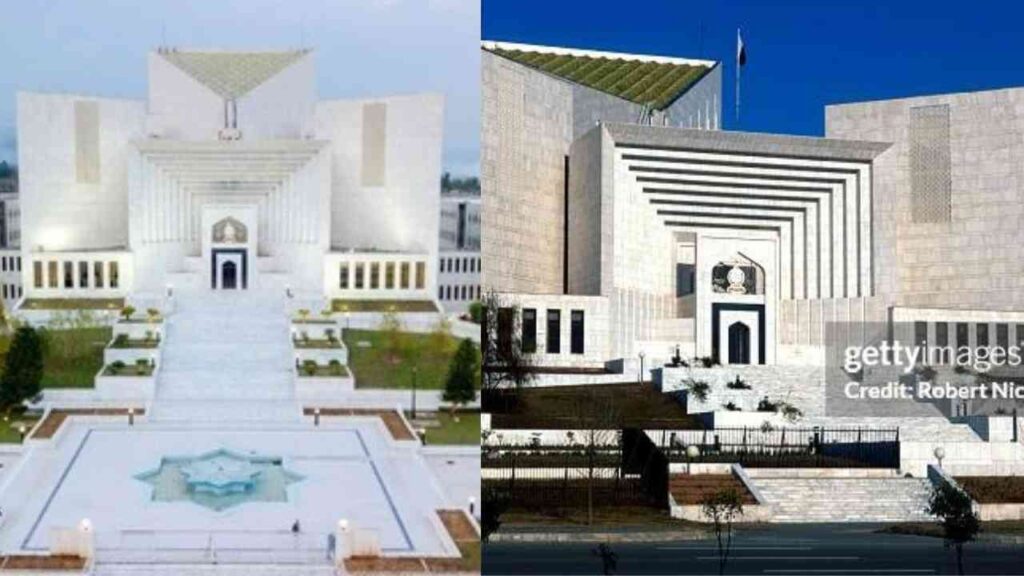ISLAMABAD: The Supreme Court has underscored the urgency of transforming the judiciary into a system that delivers timely, transparent, and citizen-centered justice. In a recent four-page ruling, the court called for significant reforms to incorporate technological advancements, administrative restructuring, and disciplined case management to expedite the resolution of cases.
This assertion came from a two-member bench, consisting of Justice Syed Mansoor Ali Shah and Justice Ayesha Malik, which dismissed a petition by Abdul Salam Khan regarding a property auction case decided by the Peshawar High Court.
The court cautioned that delays in the justice system erode public trust, undermine the rule of law, and disproportionately affect the vulnerable individuals who cannot afford lengthy litigation. Justice Shah emphasized the need for the judiciary to learn from global practices and commit to transformative reforms.
The auction in question took place in 2011, with objections raised that same year, which were dismissed. An appeal lingered in the high court for ten years, culminating in a decision in 2021. The matter reached the Supreme Court in 2022 and remains unresolved three years later.
The judgment noted that judicial systems worldwide acknowledge that delays are not an unavoidable reality but rather an institutional challenge that can be addressed. Countries such as Singapore, the UK, Brazil, and Australia have implemented comprehensive reforms that combine technology with structural innovations to reduce backlogs and enhance judicial efficiency.
The court highlighted that tools like e-filing, real-time dashboards, and automated scheduling have allowed these jurisdictions to actively manage justice delivery rather than merely maintain dockets. It reiterated that delays in justice stem from institutional design and can be remedied with planning and determination.
Justice Shah pointed out the broader implications of delays, stating, “It deters investment, renders contracts meaningless, and weakens the judiciary’s legitimacy.” He stressed that a justice system’s credibility relies not only on the fairness of its decisions but also on their timeliness.
The judgment further emphasized that the right to access justice, guaranteed by Articles 4, 9, and 10A of the Constitution of Pakistan, includes the right to a fair and timely trial. Delays that render remedies ineffective amount to a denial of due process. Justice must be both fair and prompt.
The court also highlighted the scale of the issue, revealing that over 2.2 million cases are currently pending in courts across Pakistan, including approximately 55,941 cases before the Supreme Court, despite an increase in the number of judges. These statistics represent real disputes that remain unresolved.
Moreover, the court stated that delays are not solely due to congestion or inefficiencies but are indicative of deeper structural challenges within judicial governance. It called for an urgent transition to a modern, responsive, and intelligent case management framework.
This framework should ensure early case fixation on a non-discriminatory basis, eliminate preferential scheduling, prioritize cases of constitutional or national importance, and implement age-tracking protocols to identify dormant cases. The judicious use of Artificial Intelligence tools for scheduling and triage should also be explored while maintaining judicial discretion.
The court noted that the petitioner’s appeal had been pending for ten years, reinforcing the idea that delays at any level of the justice system undermine public confidence and disproportionately harm those unable to bear the costs of prolonged litigation.






